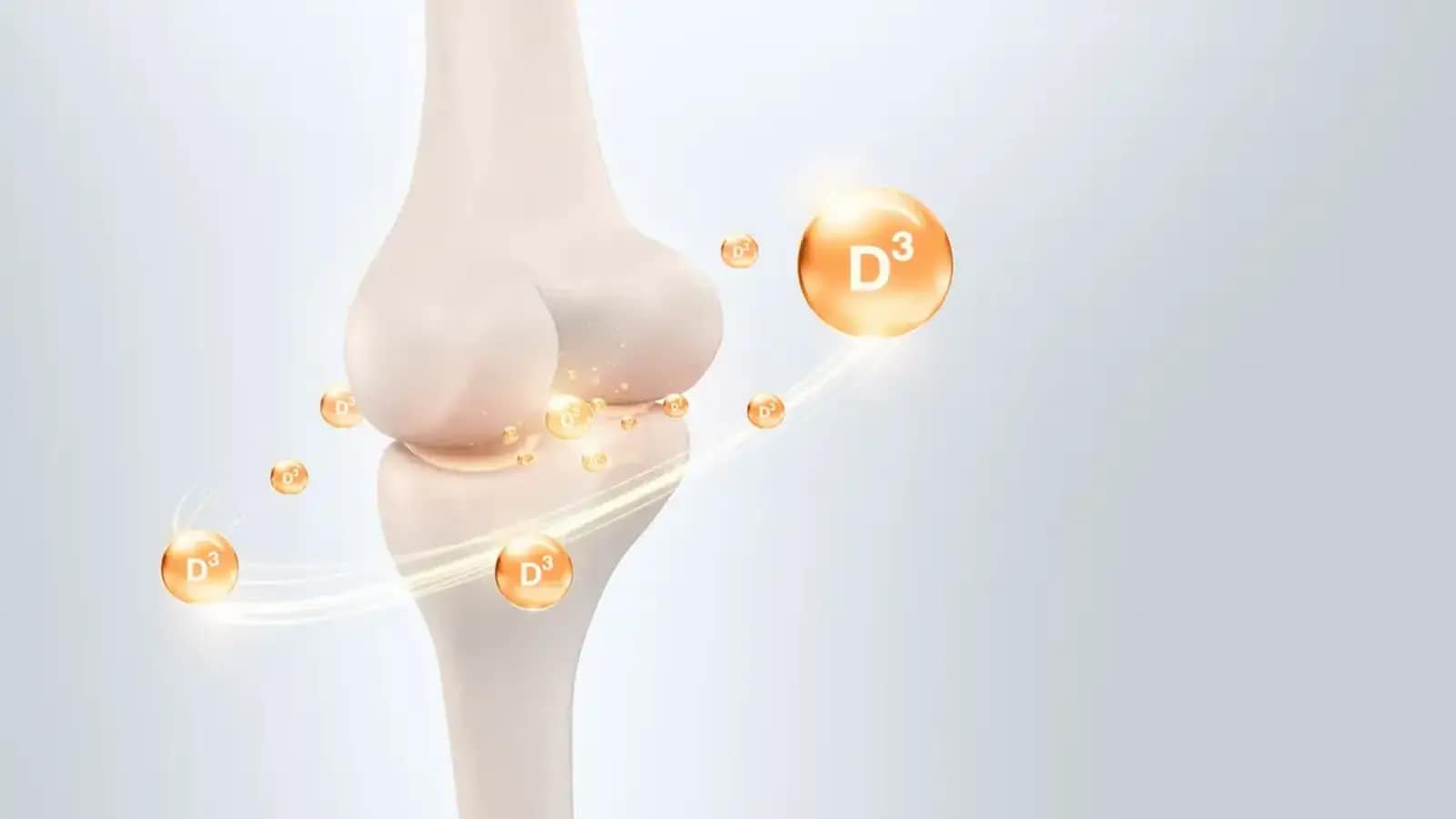How not having enough vitamin D can affect your recovery from fractures and your bone health, consider easy ways to boost your productivity.
Vitamin D deficiency is a serious public health issue that affects millions of people. A recent report from the Indian Council of Research on International Economic Relations (ICRIER) reveals that one in five Indians suffers from this deficiency. This can lead to severe health issues, such as bone deformities, a higher risk of fractures, and long-term disabilities. Vitamin D deficiency often goes unnoticed. It can cause hip fractures, which can take a whole year to heal. This puts a lot of stress on families and the healthcare system. Even though it is a serious issue, many health programs ignore vitamin D deficiency, calling it a “silent epidemic”.
What is the role of vitamin D in bone health?
Bone health is important for staying active and enjoying a good quality of life. Vitamin D helps the body absorb calcium, which is important for strong bones. If you have had a fracture, getting enough calcium is key to building healthy bone tissue, which helps you recover faster.
“When people with fractures have low vitamin D levels, their healing process can take longer and they may face more complications. On the other hand, taking supplements on time can help you recover faster,” emphasises Dr Aashish Chaudhry, Managing Director and Head of Orthopaedics at Aakash Healthcare.
Vitamin D is critical during bone healing and callus formation. This is when the bone adds minerals, which makes the new bone strong and healthy. Studies show that taking vitamin D can speed up bone healing, reduce pain, improve recovery, and lower the chances of problems after a fracture.
What are the sources of vitamin D?
Dr Chaudhry points out a concerning trend: “Many people, especially in urban areas, overlook natural sources of vitamin D.” He emphasises the importance of addressing this deficiency now, before it worsens.

You can get vitamin D from three main sources:
- Sunshine: Natural sunlight is the best way to obtain vitamin D. However, many people living in cities struggle to get enough sun due to pollution, staying indoors, and cultural habits that limit sun exposure. Getting a little sunshine for 15 to 20 minutes a few times a week can help increase vitamin D levels.
- Dietary sources: You can find vitamin D in foods like fatty fish, such as salmon, tuna, and mackerel, as well as in fortified dairy products. These foods can help make up for not getting enough sun exposure.
- Supplements: If sunlight and diet don’t provide enough nutrients, people may need to take supplements to avoid deficiency, especially those who are at higher risk.
The ICRIER report highlights the need for a clear national plan to tackle vitamin D deficiency. Right now, efforts are scattered and often voluntary, which means they do not effectively reach the people who need help the most. Dr Chaudhry warns that ignoring these issues could lead to serious problems. “If we don’t address this silent epidemic, it could harm our healthcare and hurt our economy as our population gets older.”
How to protect bones?
To help prevent vitamin D deficiency and improve bone health for you and your family, consider taking these steps:
- Please take advantage of sunlight: Get regular exposure to sunlight when it’s safe to do so. The best times are early morning or late afternoon to avoid the intense midday sun.
- Incorporate vitamin D-rich foods: Eat fatty fish or choose dairy products that have added nutrients to fill any gaps in your diet.
- Consult a healthcare professional to have your vitamin D levels tested. This is especially important for older adults, people living in cities, and those who get little sunlight.
- Consider supplements: If you have trouble getting enough vitamin D from food and sunlight, talk to your doctor about taking supplements that fit your needs.
- Stay active: Regular weight-bearing exercises can boost bone strength and overall health.








